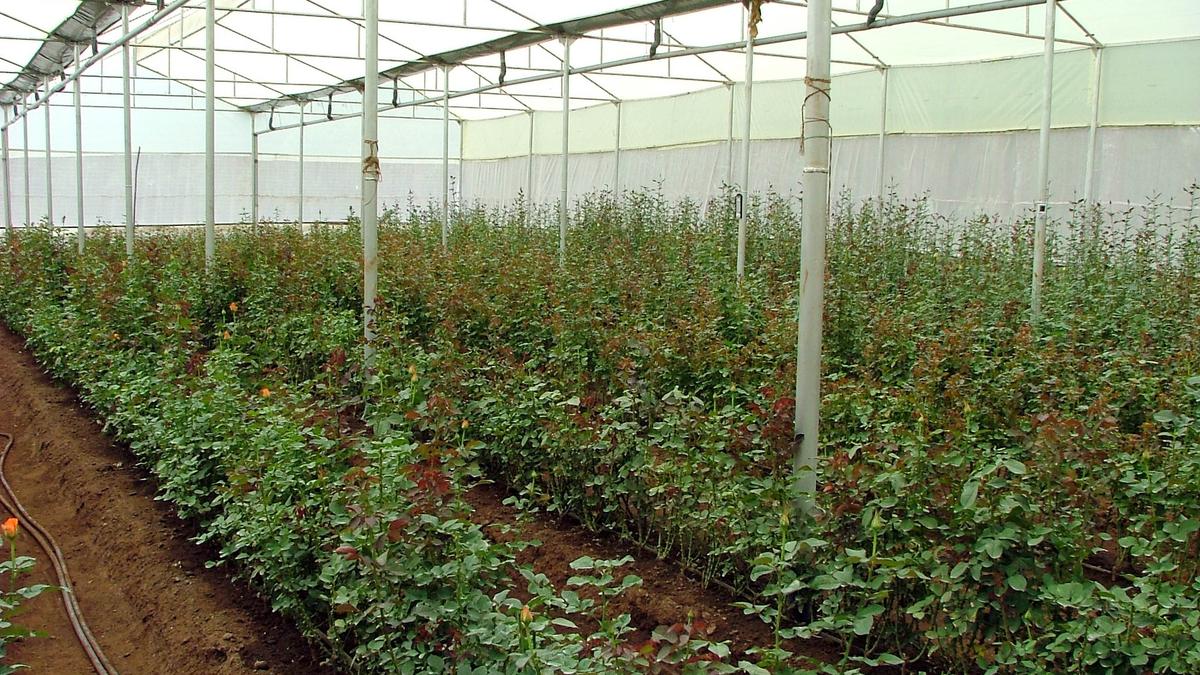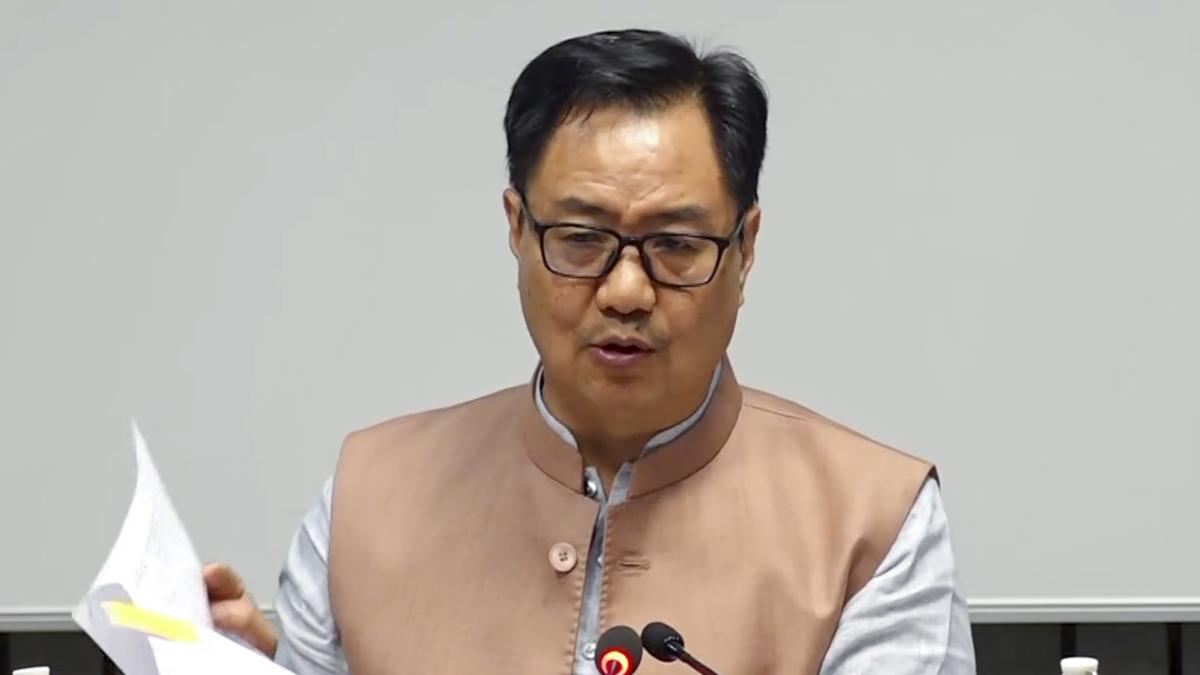Now Reading: Subsidies Drive Farmers to Adopt Polyhouses in Tiruvallur
-
01
Subsidies Drive Farmers to Adopt Polyhouses in Tiruvallur
Subsidies Drive Farmers to Adopt Polyhouses in Tiruvallur

quick Summary:
- Subsidies for Polyhouses: The Central and State governments are providing attractive subsidies to farmers in Tiruvallur district, encouraging cultivation of vegetables and flowers in polyhouses. Farmers can receive 50% subsidies for up to 4,000 sq. m., with rates between ₹467.50 and ₹530/sq.m based on polyhouse size.
- Controlled Farming Benefits: officials highlight pest-free cultivation, targeted irrigation, and efficient fertilizer submission inside polyhouses designed as controlled farming environments.
- Farmer Experiences:
– Devi Pandian and R.V.I Ram reported reduced labor needs due to no weeding, uniform cucumber yields, and financial confidence over two years of farming.- Jayanthi Mari is satisfied with her harvest despite unclear income calculations; she revived land lying fallow for over a decade at her children’s insistence.
- Implementation Process: Farmers must apply through the Uzhavan app or TNHortnet portal before working with horticulture officials on submissions.
- District Collector’s Remarks: Tiruvallur Collector M. Prathap emphasized the benefits of polyhouses for small farmers while confirming that five farmers have already received subsidies this year.
Indian Opinion Analysis:
The initiative to promote polyhouse farming exemplifies a strategic focus on modern agricultural practices that ensure efficiency while addressing issues like pest control, water conservation, and uniform crop production. The government’s subsidy program serves as an essential driver to make such technology accessible to small farmers who might otherwise lack resources.
By reducing labor needs through controlled environments and precision agriculture techniques, these measures promise not only improved productivity but also financial sustainability if managed effectively over time-as demonstrated by early adopters in Tiruvallur district. However, scalability will depend greatly on awareness-building initiatives among rural communities about navigating digital platforms like Uzhavan App or TNHortnet.
The revived use of fallow land underscores the initiative’s potential ecological benefit by reintegrating neglected spaces into food production systems while boosting local incomes-a critical factor given india’s reliance on its agrarian sector for livelihood generation. policymakers could further amplify success by monitoring farmer feedback closely during early rollouts to ensure best practices are widely shared across regions.
Read More: Link
Image Credit: G.Karthikeyan – A depiction image of a polyhouse.
























